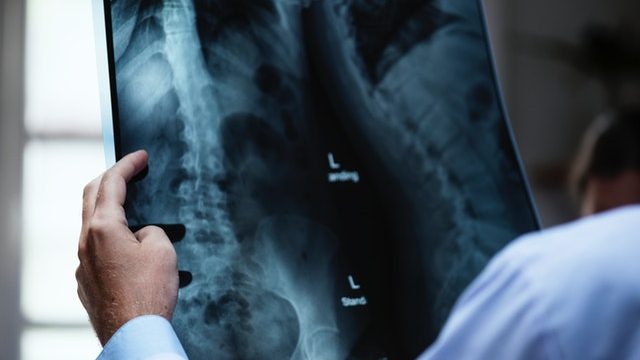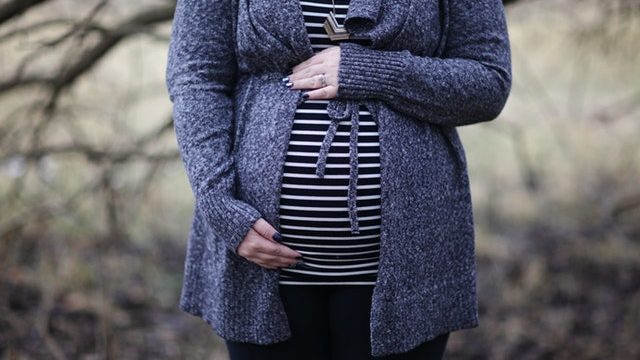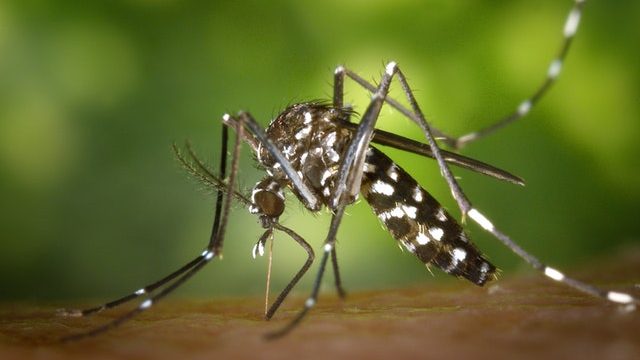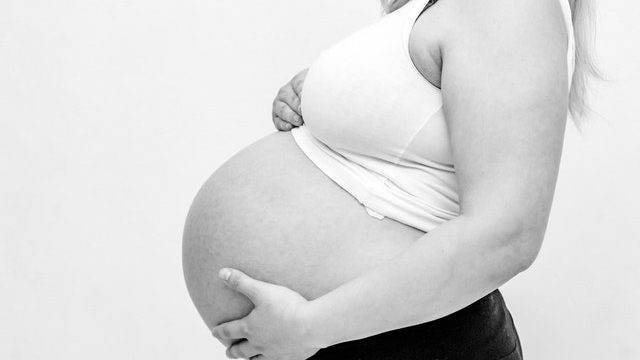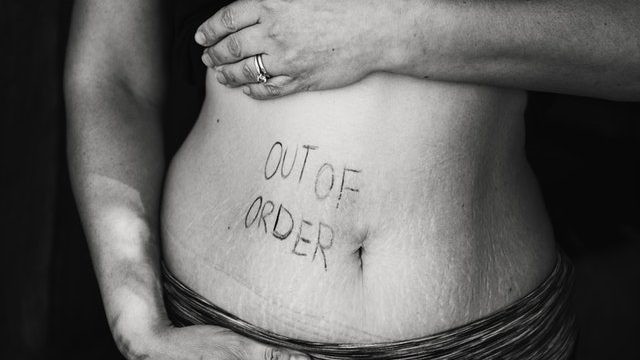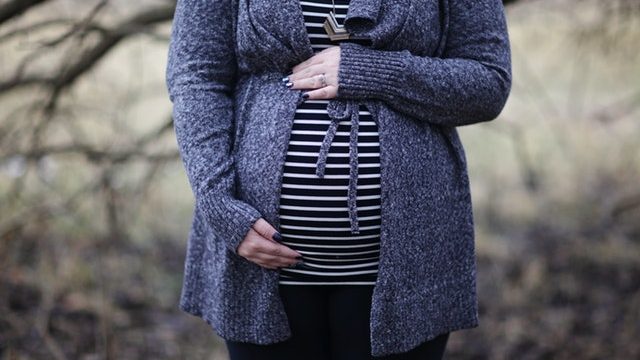The use of tobacco is gradually increasing. Smoking is becoming a major health issue for women.
The health effects of tobacco occur from smoking manufactured cigarettes and other forms of tobacco such as smoking traditional hand-rolled flavored cigarettes, bidis, use of water pipes and use of smokeless tobacco, and reverse cigarette smoking.
The risk of dying in women who smoke is elevated as compared to the risk of dying in women who do not smoke.
Smoking has an impact on the reproductive health of women.
Women who smoke are more likely to have difficulty in getting pregnant not only the first time but even after the first pregnancy. Smoking can also cause delays in conceiving.
Women who get pregnant and have been smoking.
- have an increased risk of premature rupture of membranes.
- increased risk of bleeding between the placenta and the uterine wall which can lead to an emergency.
- increases the risk of placenta previa which is partial or total obstruction of the opening of the cervix by the Placenta.
- increases the risk of preterm delivery.
Children who are born to women who smoke have a high chance of being smaller than the average birth weight of their peers and they are at an increased risk of stillbirth and perinatal mortality.
Smoking is likely to impact breastfeeding and lead to a reduction in the duration and quantity of milk.
Oral contraceptives by themselves can increase the risk of coronary artery disease but women who use oral contraceptives and smoke have an elevated risk of coronary artery disease. Therefore, women who are consuming oral contraceptives are usually advised to stop smoking.
Women who smoke are more likely to have very painful periods. They are more likely to have frequent and severe menopausal symptoms. They are also likely to experience Menopause one or two years earlier as compared to women who don’t smoke.
Women who smoke are at an increased risk of cardiovascular disease which includes coronary artery disease myocardial infarction and paralysis and stroke. In fact, smoking is one of the major causes of coronary artery disease in women.
Smoking has an impact on the lungs. It is one of the most important factors for lung cancer. Women who smoke have an increased risk of developing a chronic obstructive pulmonary disease which includes Chronic Bronchitis.
Smoking has an impact not only on lung cancer but also increases the chance of cancers in the mouth, throat, the oesophagus, bladder, pancreas, kidney, and cervix. There is some data to suggest that it might also increase the chance of breast cancer.
Smoking does have an impact on bone density, and it increases the risk of fractures in post-menopausal women as compared to non-smokers.
Why Should I Quit Smoking?
There are a lot of benefits to the cessation of smoking.
- Women who quit smoking experience a remarkable reduction in various disease risk factors.
- Cessation of smoking by the first trimester of pregnancy in itself can improve the weight of the Infant to be born.
- Within one or two years of cessation of smoking one can reduce the risk of coronary artery disease by almost 25 to 50 percent.
- The risk of stroke and paralysis also reduces.
- We strongly recommend that you consider cessation of smoking and feel the benefits.
- If you need help to stop smoking, then a lot of it is available. So seek help and get yourself a healthier life.








